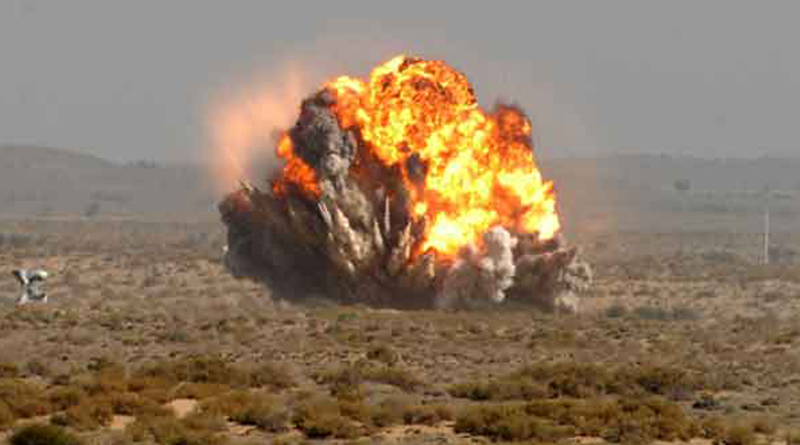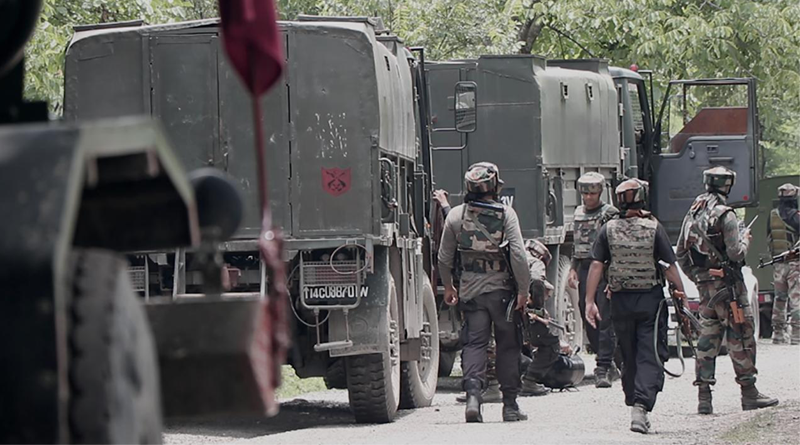India’s Nuclear Gamble: Underlying Motivations And The Options For Future
India’s nuclear explosions on 11th May, 1998, were, as is universally agreed, neither triggered by a security threat, nor were they indispensably needed to practically test India’s progress in its on-going nuclear programme. They were also not a declaration of India having the nuclear capability; the earlier Pokhran blasts in 1974 had demonstrated that. If the purpose was to inaugurate a new nuclear policy, BJP had talked about during elections, that too could have been done by issuing an official statement to that effect. Taking the high-profile route of staging a nuclear exhibition at Pokhran was, however, an exercise motivated by a desire on part of BJP, to achieve certain vital social-political objectives. In this paper we discuss these objectives in detail, after which we make a critical evaluation of whether or not BJP has succeeded in achieving these.
Read more


